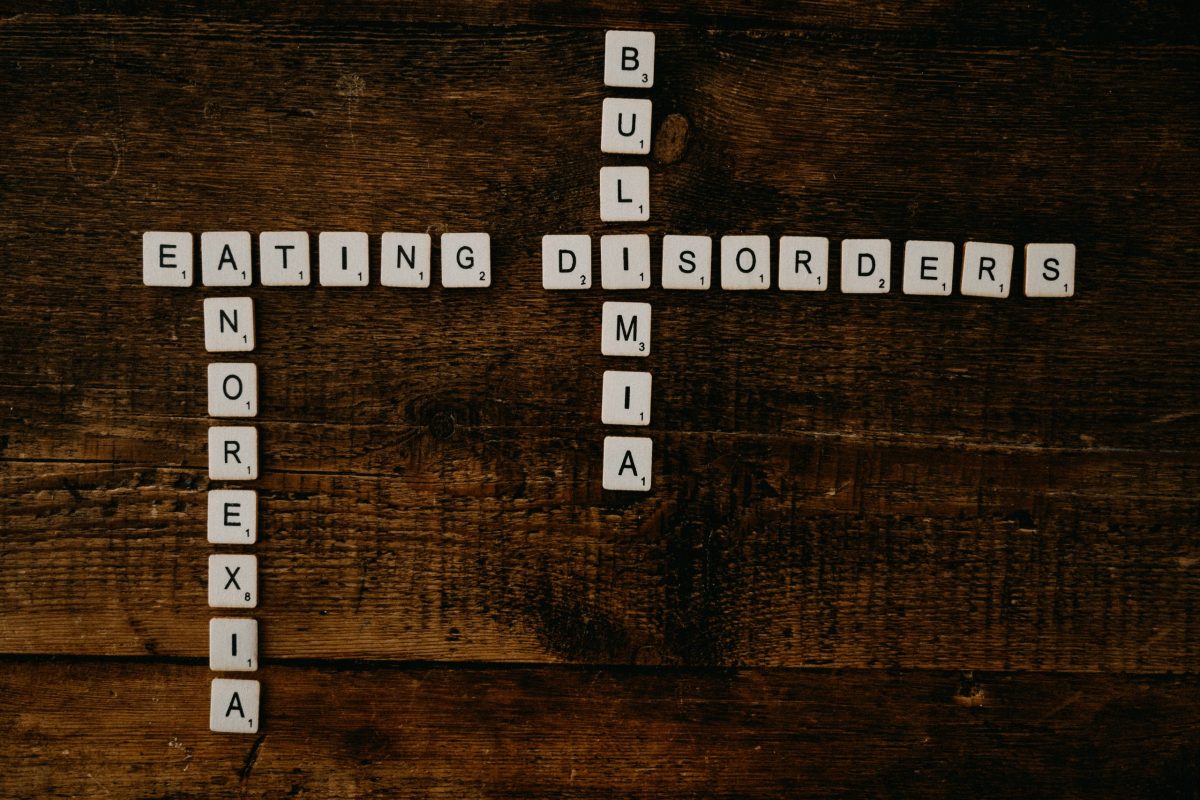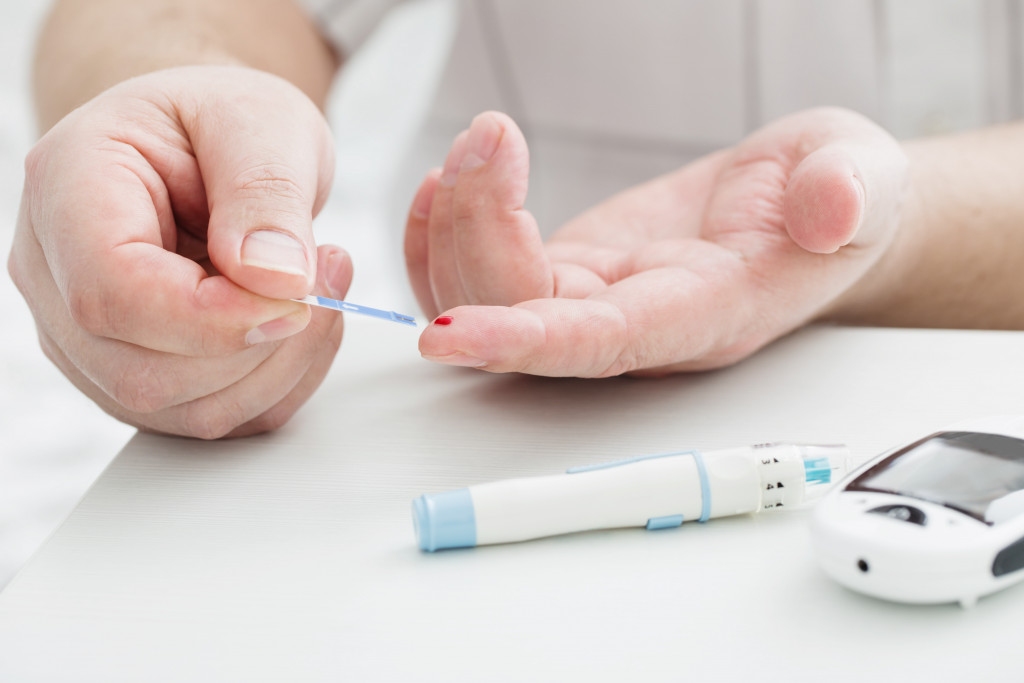As a parent, you are always looking out for the well-being of your children. Part of that is being aware of the signs of disorders and knowing how to get treatment if your child suffers from one. If your child has suddenly lost weight or is starting to get withdrawn, you might be wondering if it’s caused by an eating disorder or something else.
Eating disorders have been on the rise in recent years. In fact, according to the National Association of Anorexia Nervosa and Associated Disorders (ANAD), 28.8 million, or 9% of the US population, will have an eating disorder in their lifetime. However, they can be tough to spot, as many sufferers try to hide their symptoms.
Here are some signs to look out for and what you can do to help your child get on the road to recovery.
Tell-tale Signs of Eating Disorders

Changes in Eating Habits
One of the most common signs of an eating disorder is a change in eating habits. This may include skipping meals, making excuses not to eat, or eating less than usual. Your child may also become more concerned about their weight or body shape and start talking about wanting to lose weight. If you notice any sudden changes in your child’s eating habits, it’s essential to take them seriously and explore them further.
Changes in Mood and Behavior
Another sign that something may be wrong is a change in mood or behavior. If your child seems withdrawn or more tired than usual, these could be red flags. Additionally, if they are excessively exercising or using diet pills, these could also be warning signs. It’s important to talk to your child about any changes you’ve noticed and see if they’re willing to open up about what’s going on.
Physical Changes
In addition to changes in mood and behavior, there may also be physical changes associated with an eating disorder. These can include rapid weight loss or gain, hair loss, irregular periods, and gastrointestinal issues. If you notice any of these changes in your child, it’s important to take them seriously and seek professional help immediately.
The Path To Treatment
Suffering from an eating disorder can be a very isolating experience. Not only does it take a toll on a person’s physical health, but it can also lead to problems with their mental and emotional health. While every case is different, many people with eating disorders can benefit from the following:
Rehabilitation Programs
Although there is no single cause of eating disorders, they are often rooted in a complex combination of factors, including genetic predisposition, psychological vulnerabilities, and sociocultural influences. One of the most effective treatments for eating disorders is rehabilitation programs.
For example, binge eating rehabilitation programs typically involve a team of medical and mental health professionals who work together to help patients develop healthy coping skills, establish nutritious eating habits, and overcome any underlying psychological issues.
Rehabilitation programs can be very beneficial for people with eating disorders. They provide a safe and supportive environment where people can learn how to eat healthily and manage their emotions. Additionally, rehabilitation programs can help people address any underlying psychological issues that may be contributing to their eating disorders.
Inpatient Treatment
In some cases, inpatient treatment may be necessary. This is typically recommended for people with more severe eating disorders at risk of serious medical complications. This usually involves a stay at a hospital or specialized treatment center where patients can receive around-the-clock care and supervision.
During their stay, patients will work with a team of medical and mental health professionals to develop a personalized treatment plan. This may involve individual therapy, group therapy, and nutritional counseling.
Outpatient Treatment
For people with less severe eating disorders, outpatient treatment may be an option. This type of treatment typically involves meeting with a therapist or other mental health professionals regularly. Outpatient treatment can be very effective, especially when combined with other forms of treatment, such as nutritional counseling or support groups.
Support Groups
Another important part of treatment for eating disorders is support groups. These groups provide a safe and supportive environment where people can share their experiences and connect with others who are going through similar struggles.
Support groups can also be helpful for family members and friends of people with eating disorders. They allow people to learn more about the condition and how to best support their loved ones.
Eating disorders are serious conditions that can devastate a person’s physical and mental health. While there is no one-size-fits-all treatment approach, many people with eating disorders can benefit from rehabilitation programs, inpatient treatment, outpatient treatment, and support groups. If your child is suffering from one, it’s important to seek professional help and know that you’re not alone.



